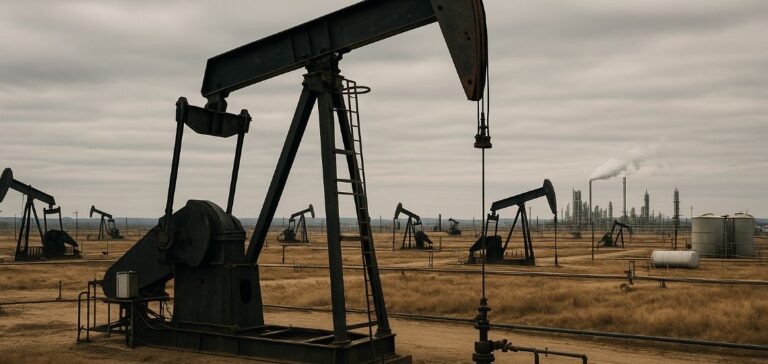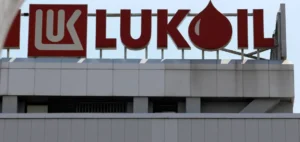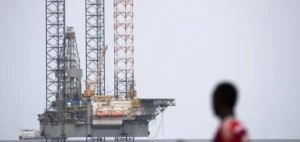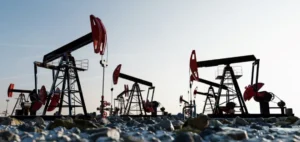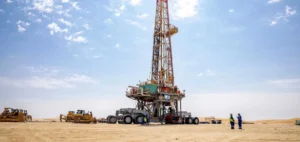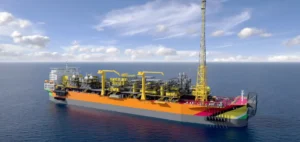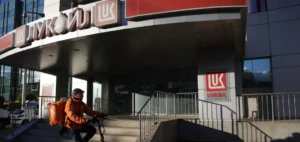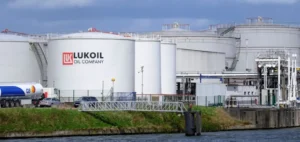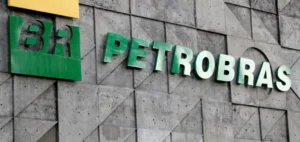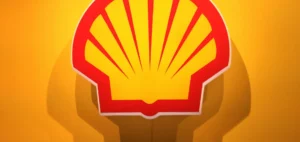Oil prices recorded a significant increase on Tuesday, benefitting from a technical rebound after a sharp decline the previous day. Brent crude from the North Sea, for July delivery, rose by 3.19% to $62.15, while West Texas Intermediate (WTI), the US benchmark for June delivery, climbed 3.43% to $59.09.
Market reaction to rising supply
Monday’s correction followed an announcement by the Organization of the Petroleum Exporting Countries and its allies (OPEC+) regarding a faster-than-expected increase in production. According to a statement released on Saturday, Saudi Arabia, Russia, and six other member countries plan to inject an additional 411,000 barrels per day in June, as in May, whereas the initial plan forecasted only a 137,000-barrel increase.
This prospect initially caused a market downturn, with crude prices nearing levels last seen in 2021. “The announcement frightened operators,” said Robert Yawger, Head of Energy Futures at Mizuho USA, quoted by AFP on May 6.
Role of US gasoline demand
The recovery in prices is also explained by sustained gasoline demand in the United States. “As long as gasoline demand is strong, crude must be sent to refineries to produce it,” Yawger added. With the summer season approaching, operators anticipate a rise in fuel consumption, a factor traditionally supportive of crude prices.
Investors are also awaiting the release of the weekly report by the US Energy Information Administration (EIA) on Wednesday to determine whether this trend continues. Confirmation of sustained demand could further strengthen the current market momentum.
Impact of trade tensions on outlook
At the same time, global economic prospects remain weakened by escalating trade tensions, particularly those linked to the foreign policy of the United States. The trade war initiated by the Trump administration has led to a projected decline in global demand, adding pressure to oil prices since the beginning of the year.
However, some market participants are speculating on a positive development in trade talks with key oil trade partners such as Japan, Canada, or certain European Union countries. These signals, though unconfirmed, are contributing to short-term price support.


